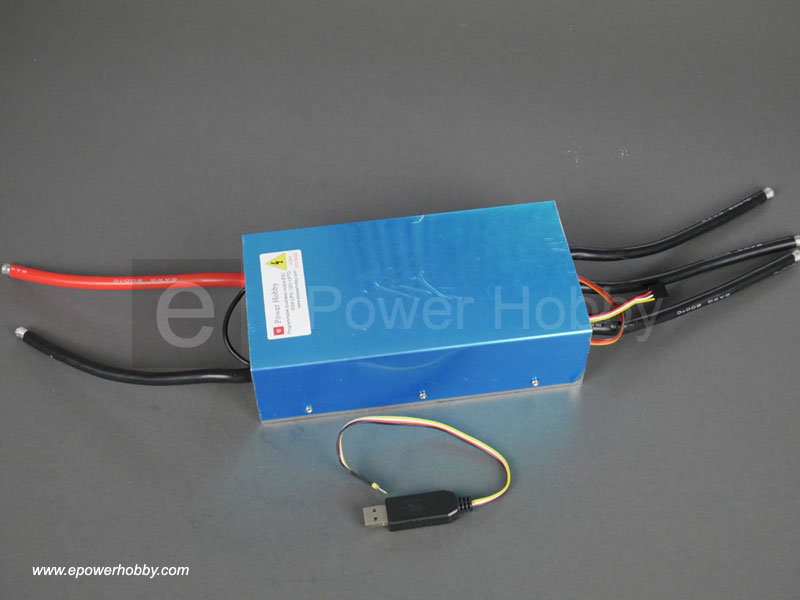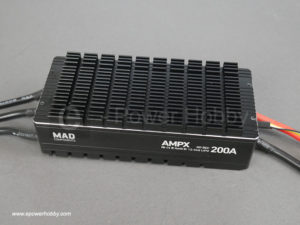Electronic Speed Controllers, or ESCs for short, are an integral component in the world of RC (radio-controlled) vehicles. These devices help regulate the speed of a motor by adjusting the amount of power that is delivered to it. If you’re new to the world of RC vehicles, you might have some questions about ESCs. In this article, we will explain everything you need to know about electronic speed controllers.
What is an Electronic Speed Controller?
An Electronic Speed Controller (ESC) is an electronic device that regulates the speed of an electric motor by controlling the amount of power that is delivered to it. In an RC vehicle, the ESC connects to the motor and the battery, and it receives signals from the receiver, which is controlled by the user through the remote control.
How Does an Electronic Speed Controller Work?
An ESC works by using Pulse Width Modulation (PWM) to control the amount of power that is delivered to the motor. PWM is a technique used to encode a message into a pulsing signal. In the case of an ESC, the pulsing signal controls the amount of power that is sent to the motor.
When the user adjusts the throttle on their remote control, the receiver sends a signal to the ESC. The ESC then adjusts the PWM signal sent to the motor, which in turn adjusts the speed of the motor. The higher the PWM signal, the more power is sent to the motor, and the faster it spins.
Types of Electronic Speed Controllers
There are three main types of electronic speed controllers:
-
- Brushed ESC: These ESCs are used with brushed motors, which have two wires. Brushed motors are typically found in smaller RC vehicles.
-
- Brushless ESC: These ESCs are used with brushless motors, which have three wires. Brushless motors are typically found in larger RC vehicles.
-
- Programmable ESC: These ESCs allow the user to adjust settings such as the throttle range, brake force, and motor timing.
Factors to Consider When Choosing an ESC
When choosing an ESC, there are several factors to consider:
-
- Motor type: You need to choose an ESC that is compatible with your motor type (brushed or brushless).
-
- Amperage rating: You need to choose an ESC with an amperage rating that can handle the current draw of your motor.
-
- Battery type: You need to choose an ESC that is compatible with the type of battery you plan to use.
-
- Programmability: If you want to adjust the settings on your ESC, you need to choose a programmable ESC.
-
- Size: You need to choose an ESC that will fit in your RC vehicle.
Conclusion
Electronic speed controllers are a critical component in the world of RC vehicles. They allow users to regulate the speed of their motor and control the movement of their RC vehicle. When choosing an ESC, it’s important to consider factors such as motor type, amperage rating, battery type, programmability, and size. With the right ESC, you can take your RC vehicle to the next level and enjoy a thrilling experience.




